Legal and housing issues do not occur in isolation. They stem from and contribute to other complex challenges in people’s lives, including health issues, social and economic disadvantage, and structural inequality. Out impact model is centred around partnerships. We create meaningful and sustainable change in people’s lives by working collaboratively with local community groups and organisations to increase access to justice and to address the underlying issues that contribute to legal and housing problems. We believe that access to justice is critical to health and wellbeing. Learn more about our health justice partnerships, place-based partnerships, and integrated service partnerships below.
Health Justice Partnerships
“In Australia many people on low incomes have three or more legal problems a year. Evidence shows they are more likely to talk about these with a trusted health professional than a lawyer. And those legal problems can often contribute to ‒ or even cause ‒ their health problems.” (Health Justice Australia)
We work in partnership with community health services throughout our region to facilitate earlier access to legal help, and better justice and welling outcomes for clients with complex legal and health needs.
Rumbalara Health Justice Partnership
Bendigo Health Justice Partnership
Place Based Partnerships
No two communities are the same. Meeting the legal needs of diverse communities requires a deep understanding of local access to justice issues, and the ability to be flexible and responsive to emerging needs and priorities. For legal services to be truly accessible within a local setting, they must build relationships, visibility, awareness, trust and credibility within the community. This can be difficult to achieve through traditional “drive-in, drive-out” models of outreach, which are common in regional and rural areas, and requires a more place-based approach.
We advocate for place-based partnerships that embed legal services within communities and work with a range of local partners to understand and develop collective solutions to local justice issues.
Maryborough Tipping the Scales Project
Integrated Service Partnerships
People with legal problems often experience other forms of social and economic disadvantage that contribute to or compound their legal issues. This can include a range of problems, from family breakdown and relationship troubles, to debt problems, housing insecurity, employment issues and mental health challenges. Clients experiencing disadvantage can find it difficult to participate in the legal process with so many other issues going on in their life. These issues can also exacerbate their legal problems and make it hard to get a good legal outcome.
We work in integrated service partnerships with other community professionals – such as social workers, financial counsellors, youth and family workers – to provide holistic support to clients with interconnected legal and non-legal problems in order to achieve more meaningful outcomes.
